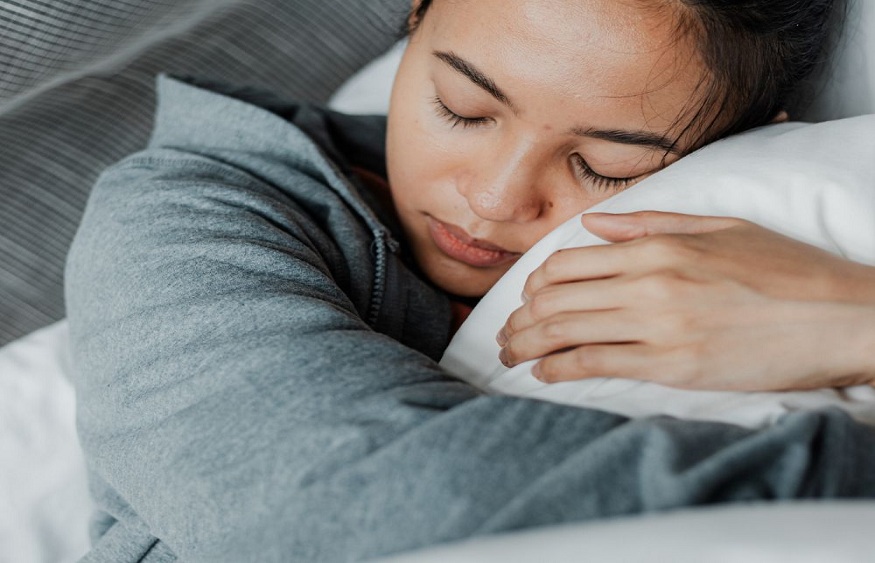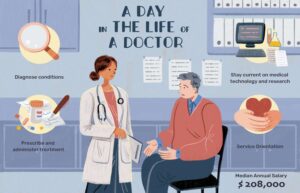Those who suffer with a mental health problem such as depression often find that they struggle to get a good night’s sleep. But is the sleep a symptom of the depression or are they depressed because they are unable to sleep? This is a kind of chicken and egg situation with both affecting the other.
People with depression might find that they sleep too little or that they are sleeping too much. There is a very close relationship between mental health and sleep. Being unable to sleep at night can cause you to worry, which can in turn make it harder to fall asleep. Sleep problems can include:
- finding it hard to fall asleep at night
- waking up numerous times during the night
- waking up earlier than you would like to in the morning
- finding it hard to wake up in the morning
- feeling excessively tired during the day because you have had a restless sleep at night.
- falling asleep during the day, particularly at times where you need to be awake.
Sleep problems can lead to:
- feelings of anxiety or depression
- suicidal thoughts
- difficulty concentrating
- finding it hard to make decisions
- isolation – if you are too tired to do things with others.
- psychotic episodes – if you are not getting enough sleep, you could experience mania or paranoia
Do You Have Depression?
It is hard to know if your depression is caused by lack of sleep or if your sleep problems are a direct result of your depression as the two are very intricately linked. However, it is important to consider whether you actually have depression and, if so, to seek help. Below are some of the symptoms:
- Persistent low mood or feelings of sadness
- Feelings of low self-worth, guilt, or hopelessness
- Trouble concentrating
- Low energy levels
- Lack of interest in things you once enjoyed
- Low appetite
- Binge eating
- Sleep problems
- Suicidal thoughts.
How to Deal with Depression
If you have some or all the above symptoms, it is time to get help. The good news is that there are a number of ways that depression can be treated. If your depression is not severe, you might be advised to make some changes to your diet and lifestyle. It might be that your lack of sleep is causing your depression. If this is so, you may be advised to incorporate more exercise into your daily routine. For example, an evening walk can help you to unwind and relax, which may help your sleep problems and then your depression. If you regularly drink alcohol, even just a glass of wine each evening, your doctor might suggest that you avoid it before bed as it could affect how you sleep.
Other treatments for depression include medication and therapy. Antidepressants are often prescribed as the first line of treatment, but because some of them can affect sleep quality your doctor might suggest depression therapy instead. According to the folk at Miami Psych Blossom, therapy can be an effective way to get to the root cause of your depression. If your sleep problems are a direct result of your mental health, then dealing with this could help to improve your sleep patterns.
Conclusion
There is a direct link between mental health problems such as depression and sleep. Sometimes depression can cause people to have trouble getting to sleep or having a restful night, while other times it can cause individuals to oversleep. Nevertheless, depression can also occur because of a person’s inability to sleep.
Whichever is the cause, treating one will often help the other. Depression therapy as well as lifestyle changes can have a significant impact on both sleep and mental health.



